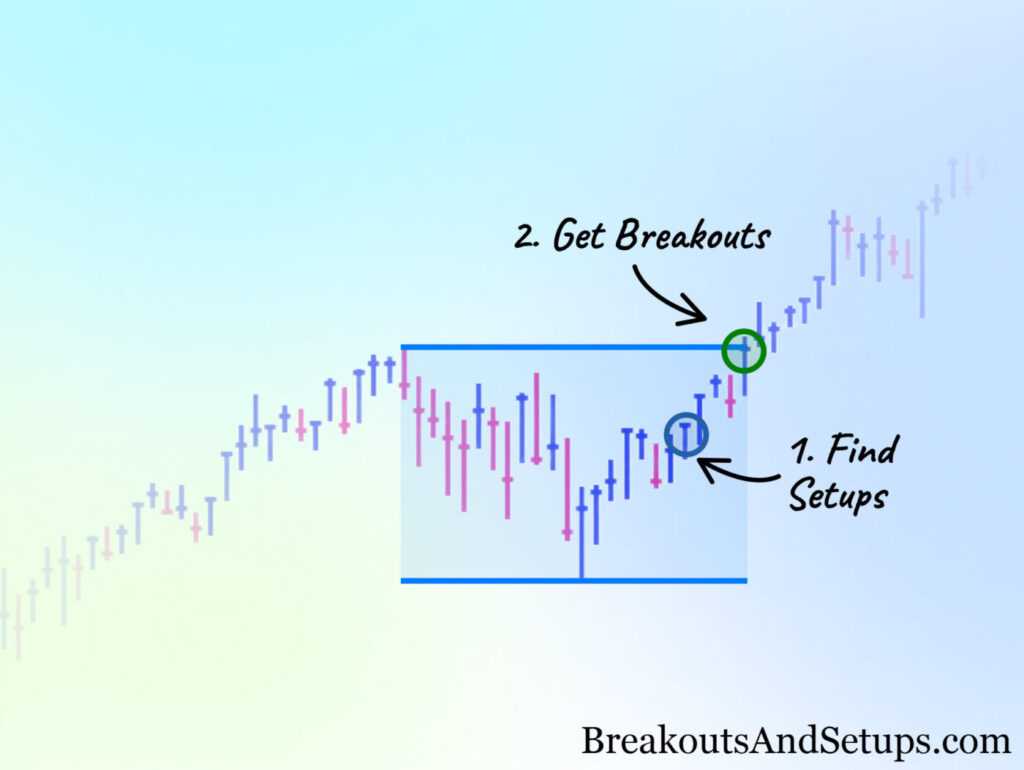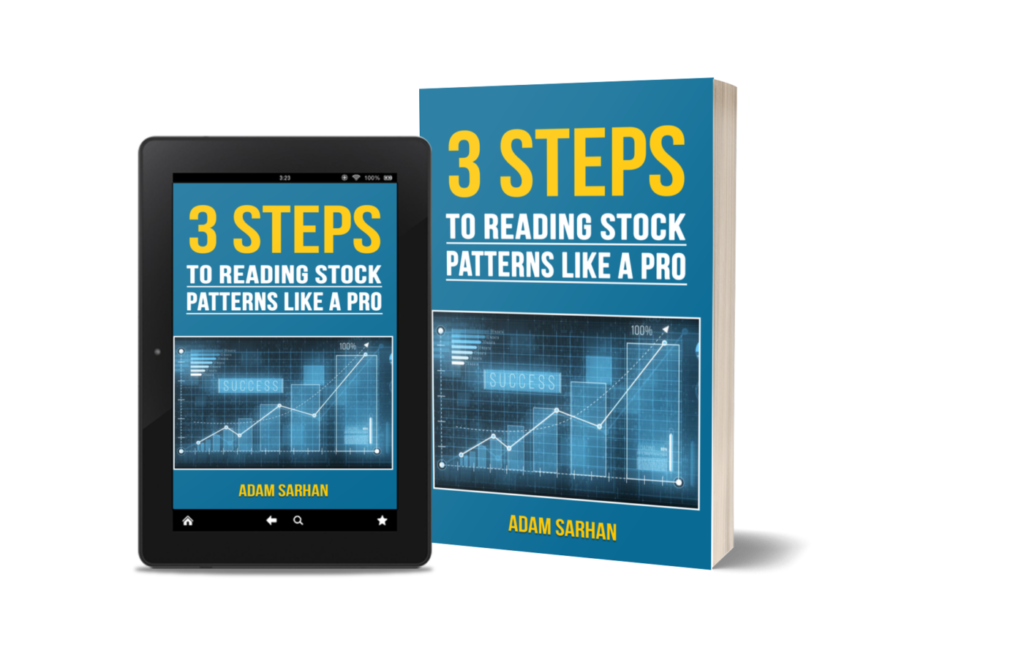LIKE THIS?
JOIN OUR FREE NEWSLETTER – Here
Reminiscences of a Stock Operator by Edwin Lefèvre and Roger Lowenstein is one of the most powerful investment books every written. Many people believe the book outlines the story of Jesse Livermore, one of the most famous stock market operators in history. The book contains a wealth of wisdom and prescient information that has stood the test of time. Many of the concepts are applicable today! Over the next few weeks, I will break down much of that “market wisdom” into a series of easy to digest blog posts.
Lesson 1: Don’t Be A Wall Street Fool
There are a million ways to make money in the market. Some are successful and some are not. Any succssful market operator can tell you that regardless of your trading strategy the one universal thruth to be a successful in the market is to develop and employ a sound market based trading plan. Otherwise, you will be at the mercy of your emotions which will lead to sub par results.
(For the purpose of these posts, I will atttribute any quotes to Livermore.)
Livermore said,
“My plan of trading was sound enough and won oftener than it lost. If I had stuck to it I’d have been right perhaps as often as seven out of ten times. In fact, I always made money when I was sure I was right before I began. What beat me was not having brains enough to stick to my own game–that is, to play the market only when I was satisfied that precedents favored my play. There is a time for all things, but I didn’t know it. And that is precisely what beats so many men in Wall Street who are very far from being in the sucker class. There is the plain fool, who does the wrong thing at all times everywhere, but there is the Wall Street fool, who thinks he must trade all the time. No man can always have adequate reasons for buying or selling stocks daily–or sufficient knowledge to make his play an intelligent play.
I proved it. Whenever I read the tape by the light of experience I made money, but when I made plain fool play I had to lose. I was no exception, was I? There was the huge quotation board staring me in the face, and the ticker going on and people trading and watching their tickets turn into cash or into waste paper. Of course I let the craving for excitement get the better of my judgment. In a bucket shop where your margin is a shoestring you don’t play for long pulls. You are wiped out too easily and quickly. The desire for constant action irrespective of underlying conditions is responsible for many losses in Wall Street even among the professionals, who feel that they must take home some money every day, as though they were working for regular wages….A stock operator has to fight a lot of expensive enemies within himself.”
Lesson 1: Don’ be a Wall Street Fool!
Develop a sound market tested trading plan, then trade your plan. Always remember there are times to be long; times to short and times to be flat. Write it down, it is VERY TRUE!!!




